BEIRUT (Reuters) -The Israeli military said on Monday it struck dozens of targets throughout Lebanon, shortly after Hezbollah accused Israel of violating a ceasefire agreement and fired missiles on an Israeli military position in the disputed Shebaa Farms area.
Residents in Beirut told Reuters they heard drones flying overhead late in the evening as Lebanon's official news agency reported Israel had renewed strikes in southern Lebanon. Earlier, Hezbollah launched what it called a "defensive warning strike."
On Monday, Lebanese authorities said Israeli strikes on southern Lebanon killed at least two people.
The exchange of fire put a U.S.-brokered ceasefire between the two in an increasingly fragile position less than a week after it took effect.
The truce prohibits Israel from conducting offensive military operations in Lebanon while requiring Lebanon to prevent armed groups, including Hezbollah, from launching attacks on Israel.
The Israeli military reported no casualties from Hezbollah's two missile launches but Prime Minister Benjamin Netanyahu vowed a "strong" response.
Hezbollah said its rocket fire, the first operation the group had announced since the ceasefire came into effect on Wednesday, was in retaliation for repeated Israeli violations of the truce.
Lebanese speaker of parliament Nabih Berri, a Hezbollah ally who negotiated the truce on behalf of Lebanon, said Beirut had noted at least 54 ceasefire violations by Israel since Wednesday.
Lebanon's official news agency NNA said Israeli forces fired two artillery shells toward the southern Lebanese town of Beit Lif in the Bint Jbeil district, while heavy machine gun fire targeted Yaroun. No injuries were reported in either incident, NNA said, but it added that a separate Israeli strike injured others in southern Lebanese town of Talousa.
Berri urged the committee tasked with monitoring the truce to "urgently" ensure Israel halts its breaches.
"We are engaging through a mechanism with France, Israel, and Lebanon to investigate and address reports of violations," U.S. State Department spokesperson Matthew Miller said, adding that early ceasefire periods are often fragile but had broadly succeeded in reducing violence.
DEADLY STRIKES
Lebanon and Israel have already traded accusations of breaches, and on Monday Lebanon said the violations had turned deadly.
One person was killed in an Israeli air attack on Marjayoun, about 10 km (6 miles) from Israel's northern border, Lebanon's health ministry said. Lebanon's state security agency said an Israeli drone strike in Nabatieh killed a member of its force, calling the incident a "flagrant violation" of the truce.
The Lebanese army said an Israeli drone struck an army bulldozer near the Syrian border, wounding one soldier.
The Israeli military did not immediately respond to questions about the incidents in Marjayoun and Nabatieh but said it had targeted military vehicles near Hezbollah infrastructure in Lebanon's Bekaa Valley and near the Syrian border.
Israeli Foreign Minister Gideon Saar denied wrongdoing, accusing Hezbollah of moving weapons south of the Litani River in defiance of the agreement.
"Israel is committed to the successful implementation of the ceasefire, but we will not accept a return to the situation as it stood on October 6, 2023," Saar said in a statement.
Public broadcaster Kan reported that U.S. envoy Amos Hochstein, who brokered the truce, warned Israel over alleged violations.
Israeli Finance Minister Bezalel Smotrich called for a "powerful blow" against Hezbollah, saying the group had made a "big mistake" by targeting Israeli territory.
(Reporting by Adam Makary, Jaidaa Taha, Tala Ramadan, Maya Gebeily and Maayan Lubell; Writing by Adam Makary; Editing by Crispian Balmer, Alex Richardson, Andrew Heavens, Alison Williams and David Gregorio)

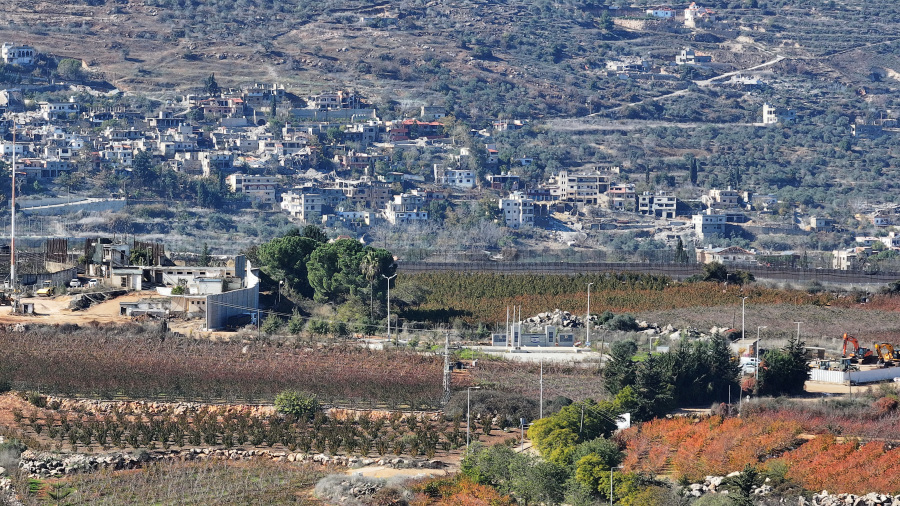

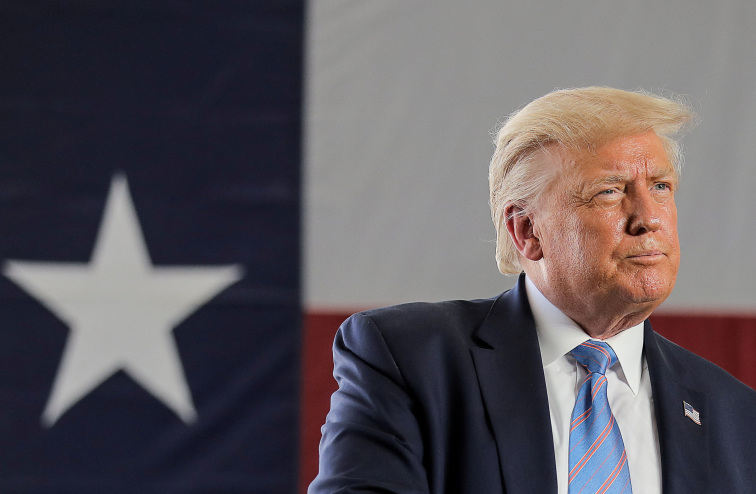

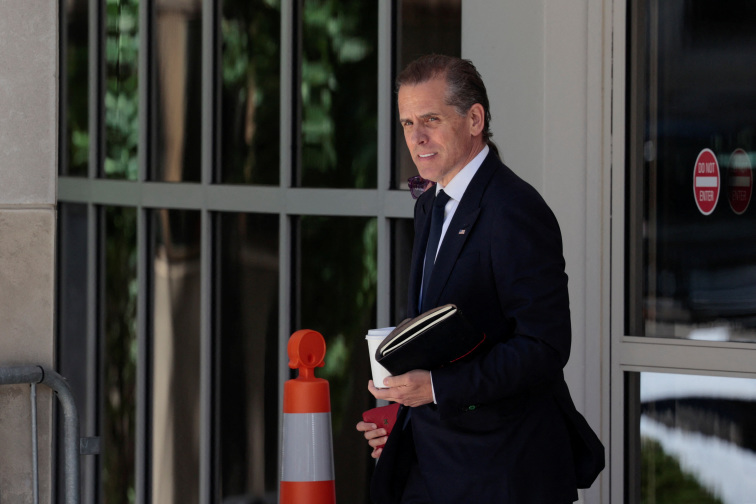

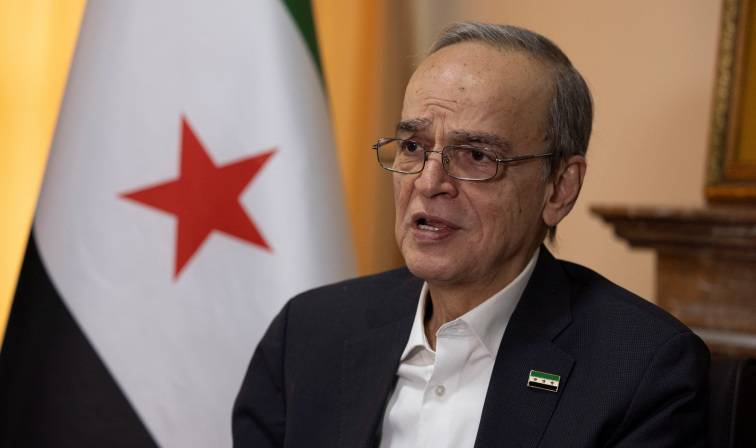

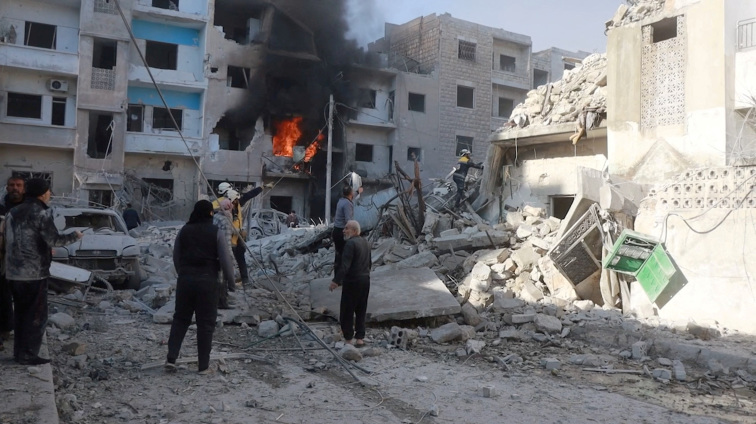

News magazine bootstrap themes!
I like this themes, fast loading and look profesional
Thank you Carlos!
You're welcome!
Please support me with give positive rating!
Yes Sure!